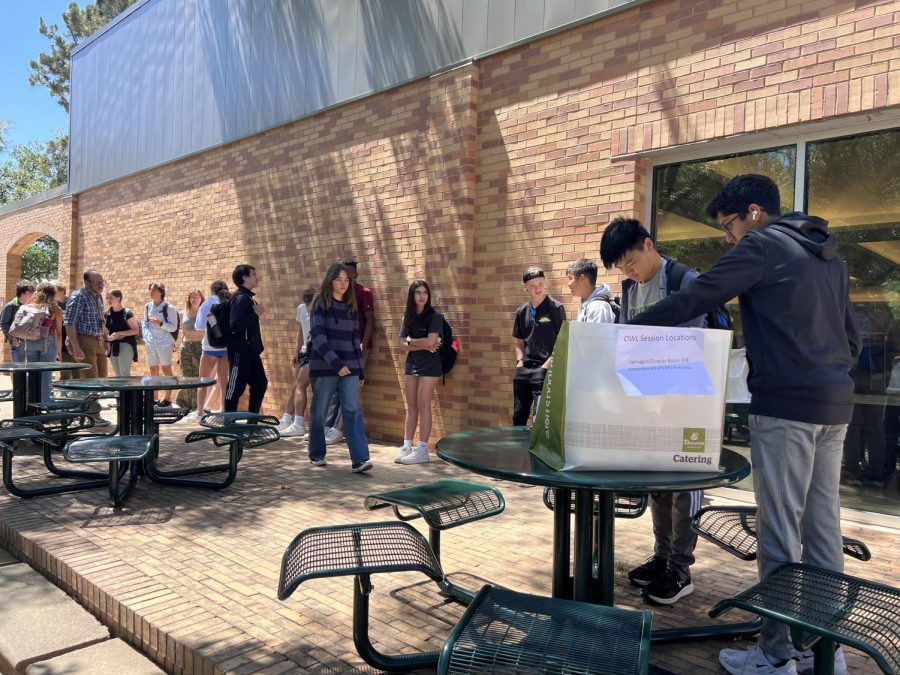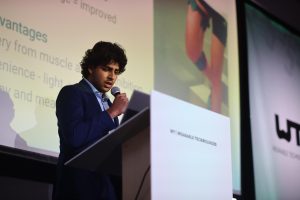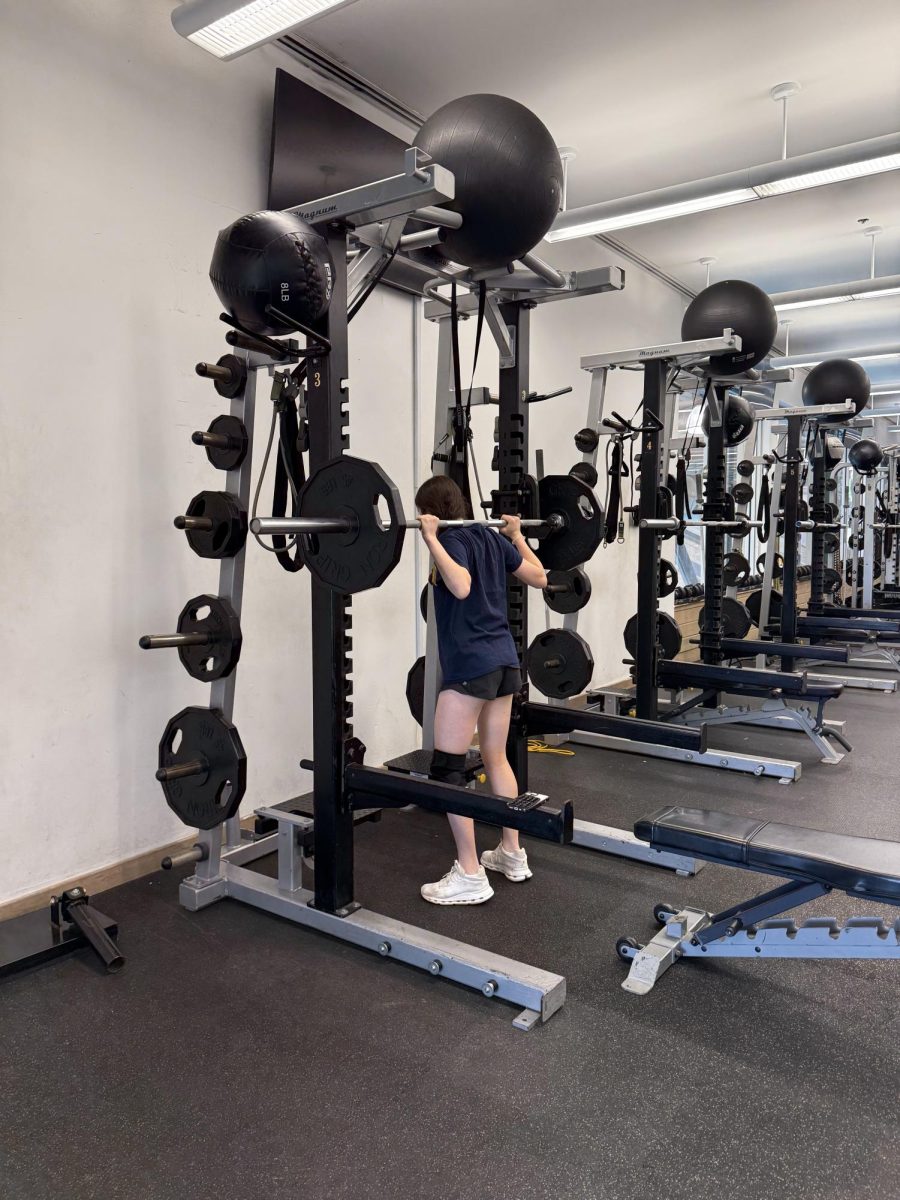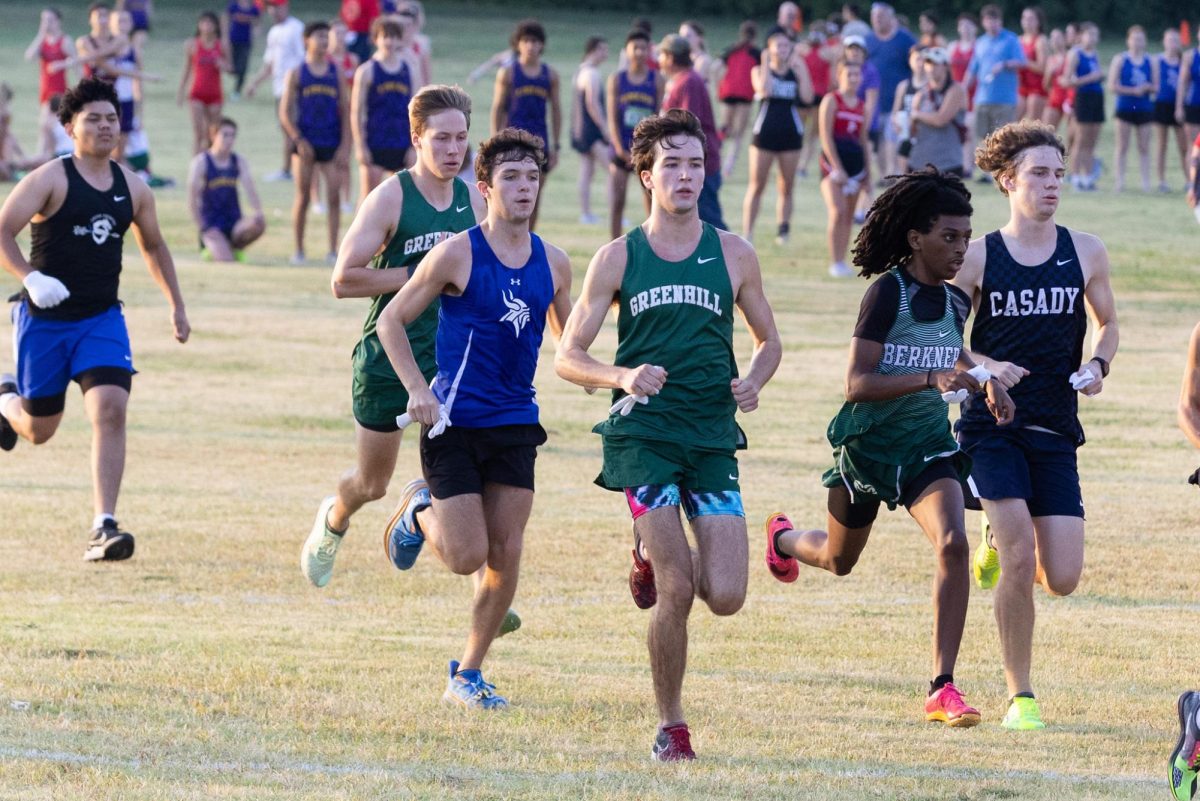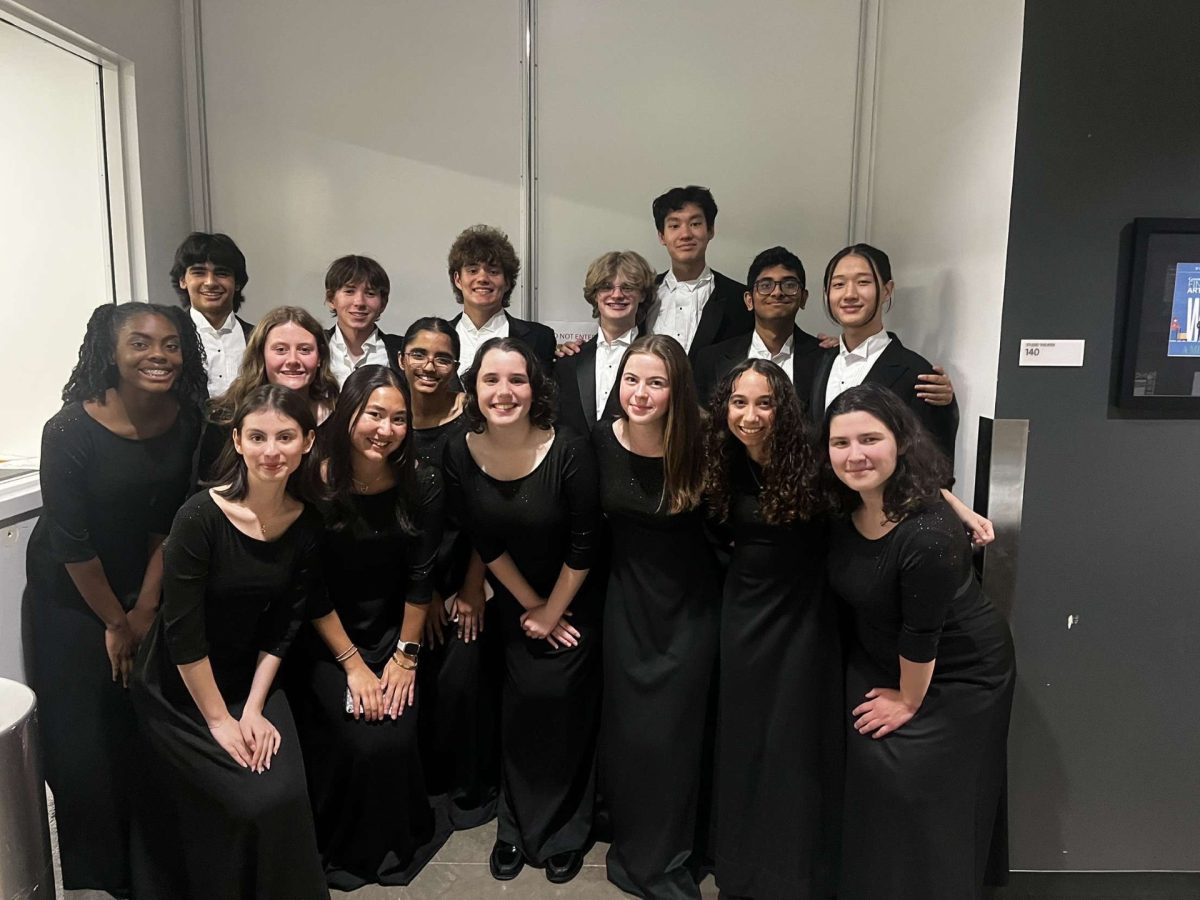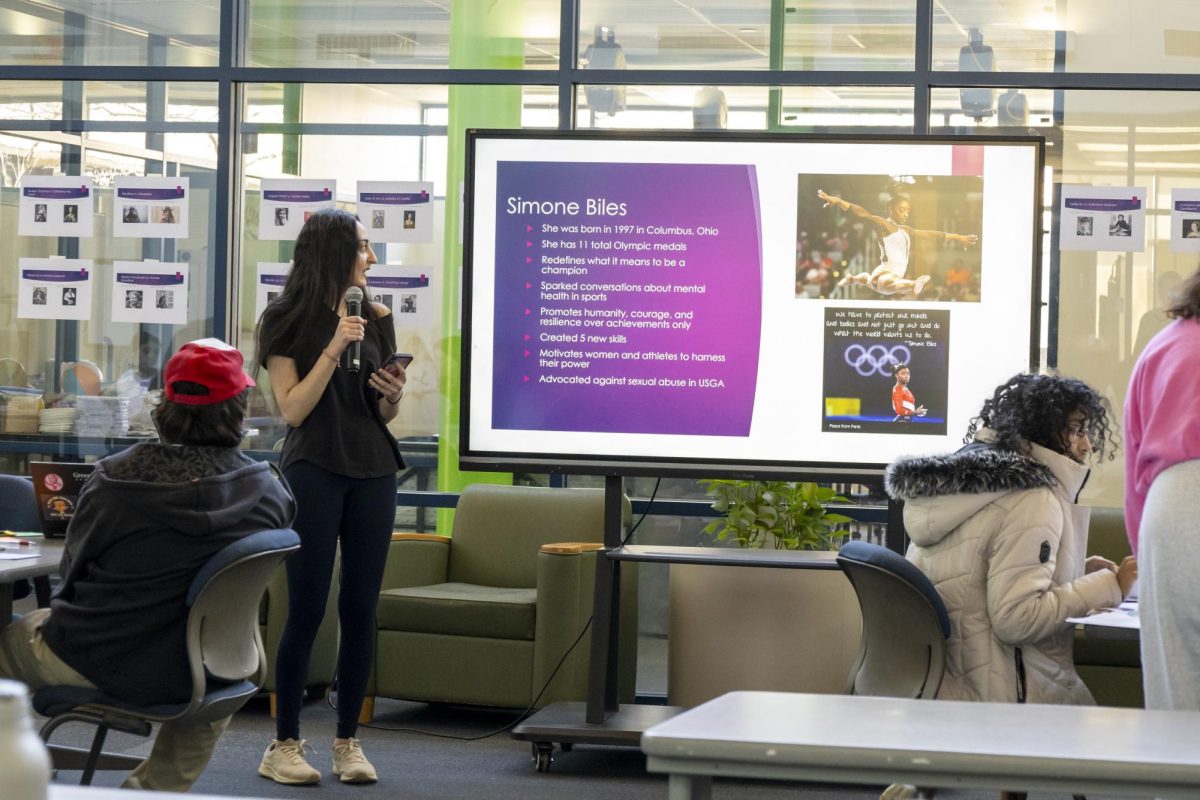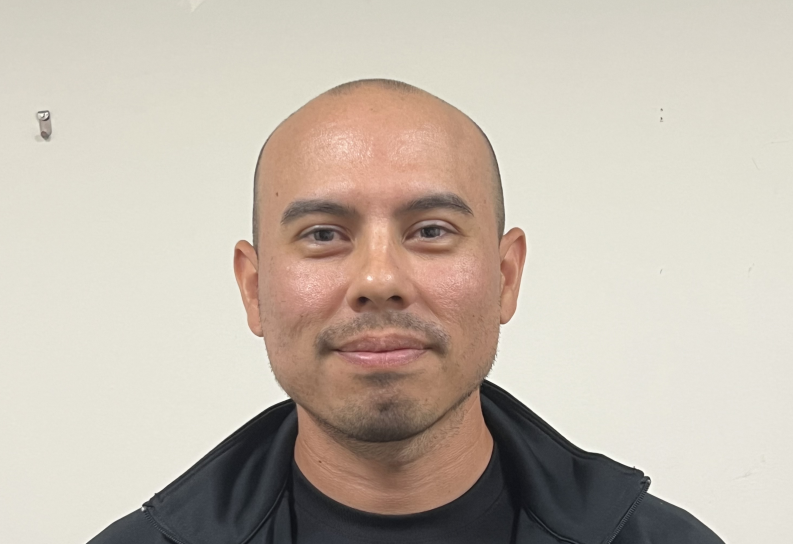Freshmen Students Field the new Our Whole Lives Program
April 20, 2023
Our Whole Lives (OWL) is a sexuality education program for youth students, and it has come to Greenhill’s campus for the first time this school year as a year-long course for freshmen. Students participate in a variety of interactive lessons based on sexual health and identity.
OWL is a brand-new program for Greenhill this year, and students have mixed opinions about the outcome and content of OWL.
According to the Unitarian Universalist Association’s website, an organization that supports the OWL program, OWL is a lifespan sexuality education program that provides accurate, developmentally appropriate information about a range of topics.
OWL lessons are taught through various workshops that occur approximately every two weeks. The ten-lesson plan includes sexuality, values, the language of sexuality, students as sexual beings, anatomy and physiology, gender identity and expression, sexual orientation, abstinence, healthy relationships, STIs and unintended pregnancy options and safer sex and contraception.
OWL is used in faith communities as well as public schools, charter schools, private schools and many more groups.
With the lack of a wellness class, Greenhill searched for a program that would provide the right information for the right grades. Prior to the first session, an informational session was held in Rose Hall for parents and teachers to learn about the program and how it would work.
“I think sexual education is different for each person and family, we are all on a different journey,” Jacobo Luna-Cruz, ninth-grade class dean, said. “Imagine it was a marathon, not every family starts at the same place. Families with more access and resources have more conversations with their kids making them aware of these topics. Every family has different values and OWL provides a middle ground; it creates a space where students have access to learn about these topics and ask questions.”
Luna says he understands how difficult it is for students to sit through these lessons and engage in topics they are already educated upon, but he believes having this resource and educating students at this age will lead to better decision-making in the future.
“There was nowhere other than Lunch and Hornet Block to fit the OWL into the structured schedule,” Luna said. “It’s not ideal to release students early from class and take up their lunch time by having them learn more information. I agree it is not the best venue, but it is important information. We will work to deliver a better time and space for this program to provide a better experience.”
Many students have mixed reactions to the new OWL course this year. Students feel that it teaches important topics, although it is held during an inconvenient time, using up the 80-minute lunch and hornet block period. Additionally, students say some topics become repetitive taking up necessary time that could be used to get work done and meet with teachers.
“OWL teaches helpful education, but it is too frequent and is held during the time of day where students get to have a break and socialize,” freshman Julian Fredrick said.
Freshman Davis Knocke agrees and says that although the topics are useful, he feels disengaged when topics are repeated over and over.
On the other hand, some students feel the interactive activities and discussions are beneficial, and they enjoy the time used to go in-depth on subject matters.
“OWL has given me information that I haven’t received in the past. It provides me with information on how to deal with confusing situations in real life,” freshman Olivia Wiles said.
Freshman Kendall Johnson echoes this statement.
“I have learned a lot just by asking questions and getting educated and informed answers,” she said.
Director of Counseling Shanti Majefski took a big part in organizing and selecting the OWL program for freshman students. Since Greenhill got rid of the required ninth-grade wellness class, she was tasked with finding a program that covered information that was necessary to a healthy lifestyle continuing through high school.
“This curriculum is based on family values. The program is not going to tell you what your values should be, it is going to give you the information you need to make your own choices on what is best for you,” Majefski said.
OWL curriculum provides 25 workshops to students, and Greenhill was only able to find space to fit ten of these. Therefore, there was quite a bit of content cut from the curriculum.
“I feel like we have done a really good job of identifying what pieces are most important to us and our students since we have community members that identify in all different ways,” Majefski said.
Furthermore, OWL provides facilitators to teach the information to students.
Majefski hopes that in the coming years, facilitation will get better since it is always a risk bringing outside educators into Greenhill.
Since the start of the sessions, Majefski has been able to reflect on student feedback about the program and understands both perspectives on the positives and negatives of OWL.
“I’ve had students come and tell me, ‘Thank you, we needed to bring this to Greenhill.’, and others expressing concern saying, ‘I don’t get the point, we don’t need this program,’” she said.
In the future Majefski hopes to make OWL more convenient for all students, so there is a time and place to create a more inclusive learning environment.

